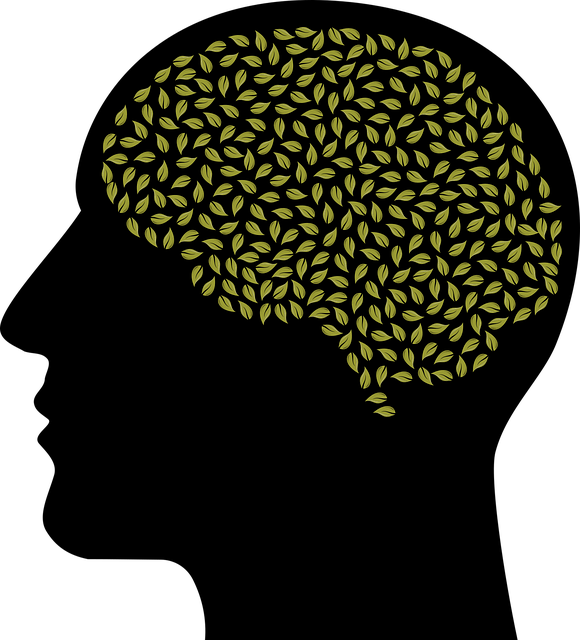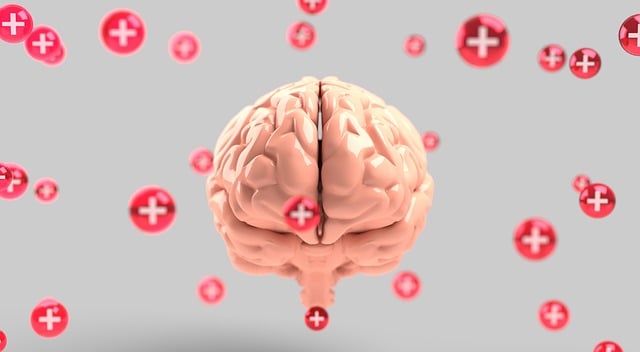Englewood Russian Speaking Therapy focuses on providing culturally sensitive mental wellness coaching tailored to Russian-speaking communities, addressing language barriers, historical trauma, and unique cultural perceptions of mental health. Through methods like Inner Strength Development, Communication Strategies, and Self-Awareness Exercises, coaches create inclusive environments that foster healing while respecting traditional values. Effective programs require a strategic approach combining cultural sensitivity with evidence-based practices, collaboration with community leaders, and regular stress management workshops to empower individuals within their unique cultural framework.
Mental wellness coaching has emerged as a powerful tool for personal growth, yet its effectiveness relies on cultural sensitivity and tailored programs. This article explores the development of mental wellness coaching programs specifically designed for Englewood Russian-speaking communities. We delve into the importance of understanding cultural nuances, addressing unique barriers, and implementing best practices to create inclusive and impactful therapy programs. By focusing on these aspects, we aim to enhance the accessibility and success of Englewood Russian speaking therapy initiatives.
- Understanding Cultural Sensitivity in Mental Health Coaching for Russian-Speaking Communities
- Designing Tailored Wellness Programs: Addressing Unique Needs and Barriers
- Implementation and Best Practices for Effective Englewood Russian Speaking Therapy Programs
Understanding Cultural Sensitivity in Mental Health Coaching for Russian-Speaking Communities

Mental wellness coaching programs must be designed with cultural sensitivity in mind, especially when targeting Russian-speaking communities. Englewood Russian Speaking Therapy highlights the importance of understanding unique cultural nuances and barriers to access effective support. Many individuals within this community may face challenges due to language differences, historical trauma, or differing perceptions of mental health. Coaches play a vital role in creating inclusive environments that foster trust and encourage open dialogue.
By incorporating Inner Strength Development, Communication Strategies, and Self-Awareness Exercises tailored to Russian cultural contexts, coaches can significantly enhance the effectiveness of their programs. This approach ensures that coaching methods resonate with participants’ experiences and promote healing while respecting traditional values and beliefs.
Designing Tailored Wellness Programs: Addressing Unique Needs and Barriers

In designing tailored wellness programs, mental wellness coaches must consider the unique needs and barriers faced by diverse populations. This includes acknowledging cultural sensitivity in mental healthcare practice, as every individual brings their own experiences and perspectives shaped by their background. For instance, an Englewood Russian Speaking Therapy program can cater to the specific linguistic and cultural requirements of its target audience, ensuring effective communication and building trust. By incorporating elements of Crisis Intervention Guidance, coaches can provide immediate support during moments of heightened distress while fostering long-term resilience.
Tailored programs also address barriers to accessing mental wellness services, such as language constraints or cultural taboos surrounding mental health. Through culturally responsive practices, coaches create inclusive environments that encourage open dialogue and promote understanding. This approach not only enhances the effectiveness of interventions but also fosters a sense of belonging and safety for participants. Additionally, integrating stress management techniques within these programs equips individuals with practical tools to navigate daily challenges, ultimately contributing to improved mental wellness outcomes.
Implementation and Best Practices for Effective Englewood Russian Speaking Therapy Programs

Implementing effective Englewood Russian Speaking Therapy programs requires a strategic approach that leverages cultural sensitivity and evidence-based practices. The first step is to assess the specific needs and challenges faced by the target population, ensuring that the therapy aligns with their cultural context and language preferences. Collaboration between mental health professionals and community leaders who speak Russian is crucial for developing tailored interventions. This includes incorporating traditional healing methods from Russia or Eastern European cultures, where relevant, to foster a sense of comfort and trust.
Best practices dictate that these programs prioritize inner strength development by teaching coping mechanisms and resilience-building strategies. Empathy building strategies should be at the forefront, encouraging open dialogue and understanding between therapists and clients. Regular stress management workshops organization can empower individuals with practical tools to navigate their daily lives. By combining traditional therapy techniques with innovative approaches, Englewood Russian Speaking Therapy programs can offer transformative experiences, enhancing mental wellness within the unique cultural framework of the community they serve.
The development of mental wellness coaching programs, particularly tailored for Englewood Russian-speaking communities, requires a nuanced approach. By understanding cultural sensitivity and addressing unique barriers, we can create effective programs that resonate with these communities. The strategies outlined in this article, including culturally responsive practices and tailored interventions, provide a roadmap for implementing successful Englewood Russian Speaking Therapy initiatives. Embracing these best practices ensures that coaching programs are not only accessible but also empowering, ultimately enhancing mental health outcomes for individuals within these diverse communities.








